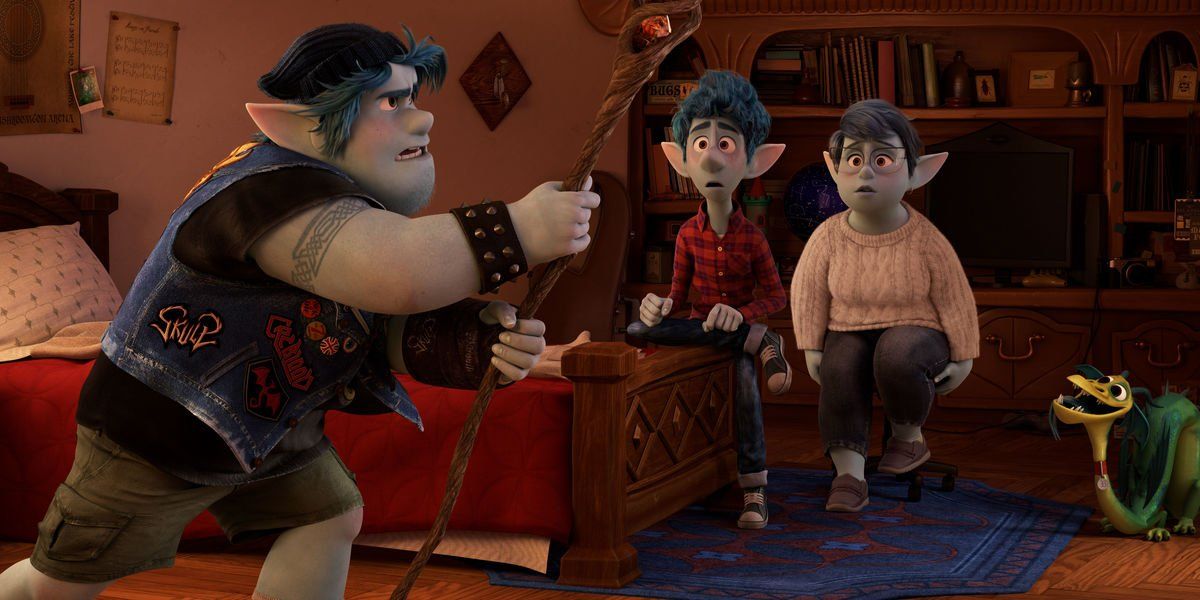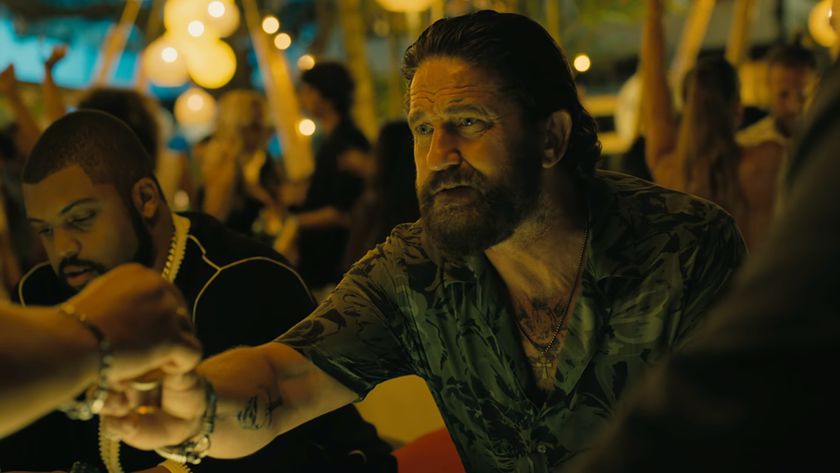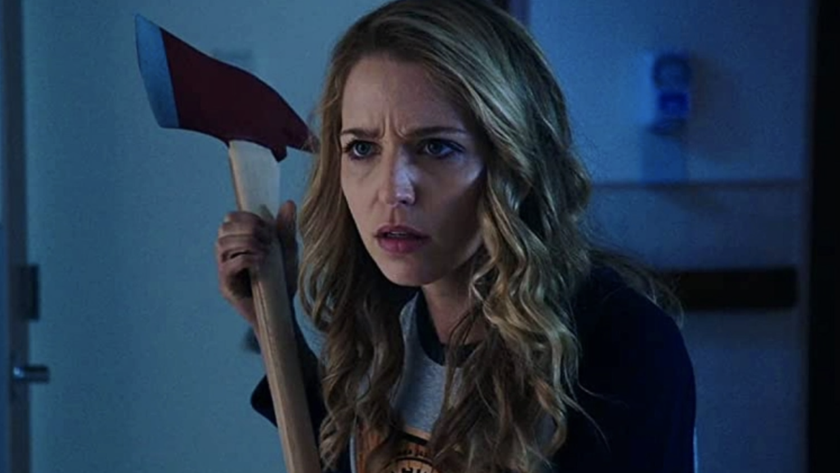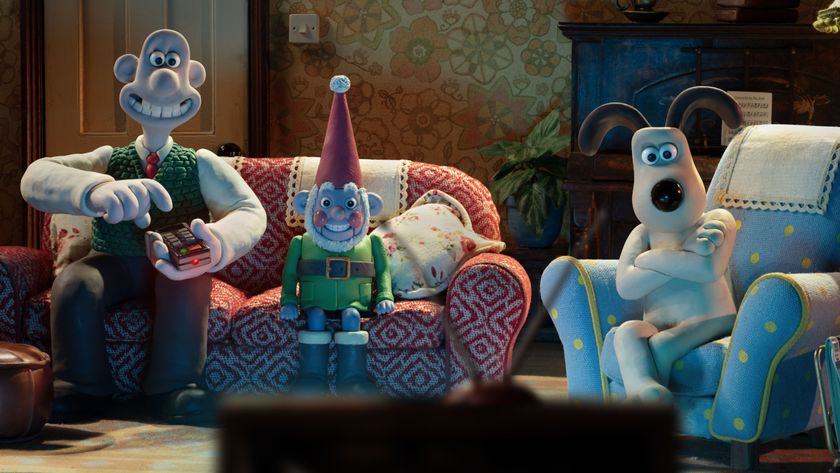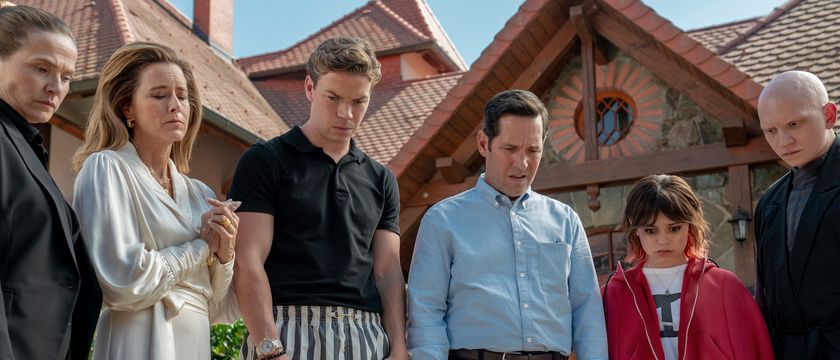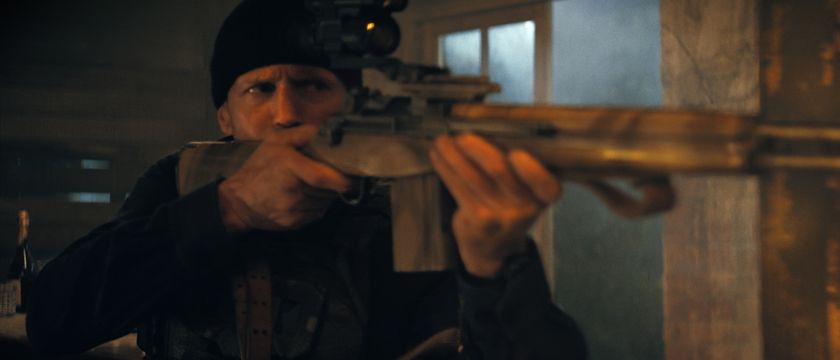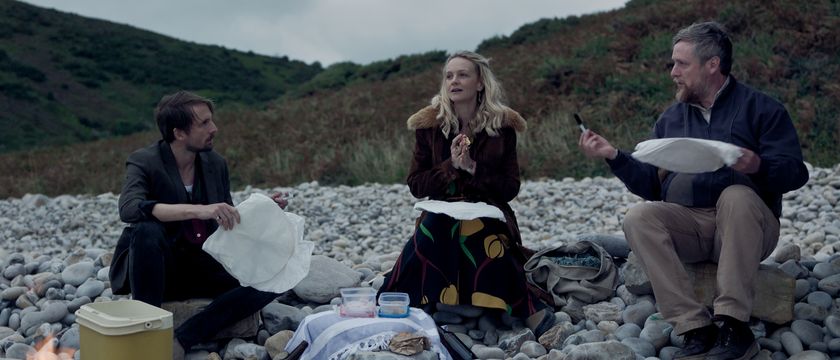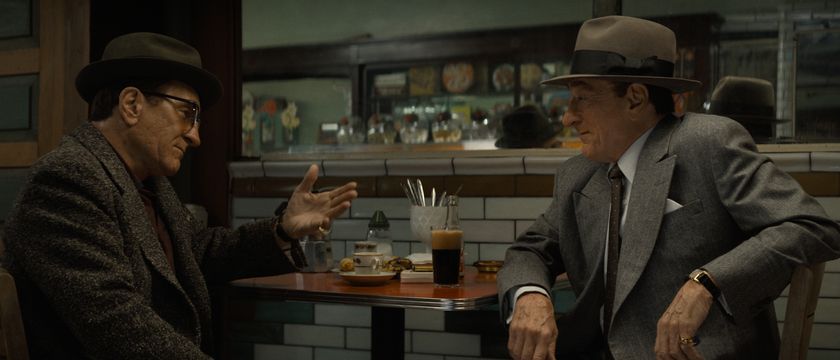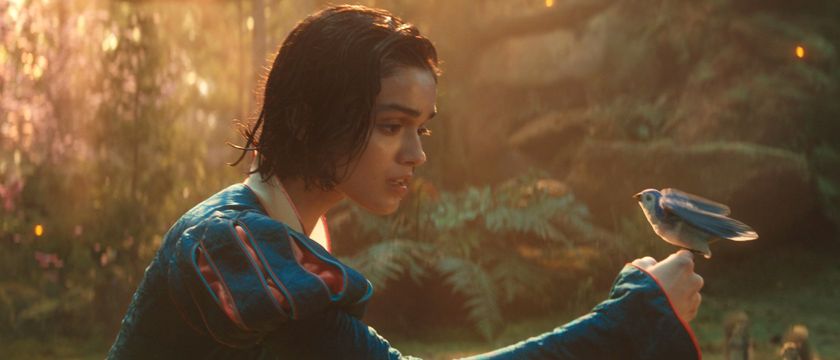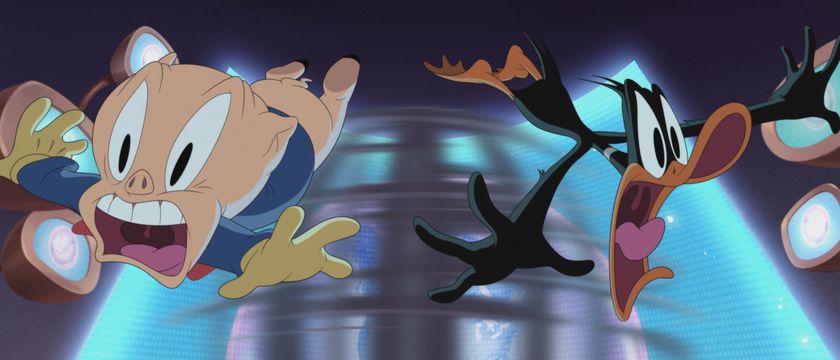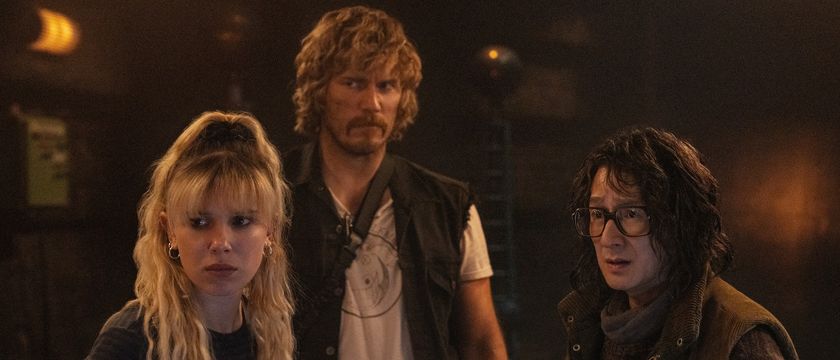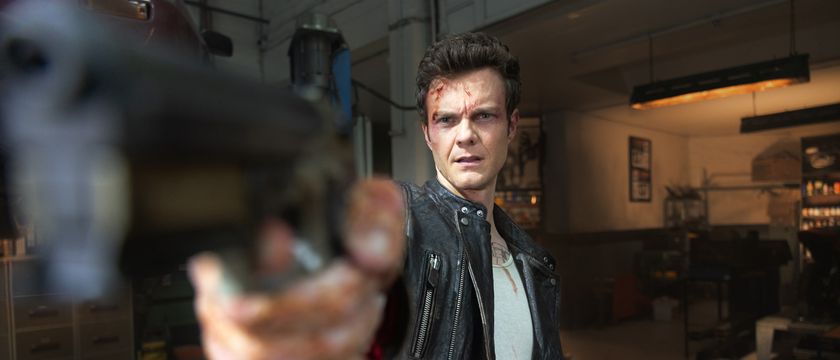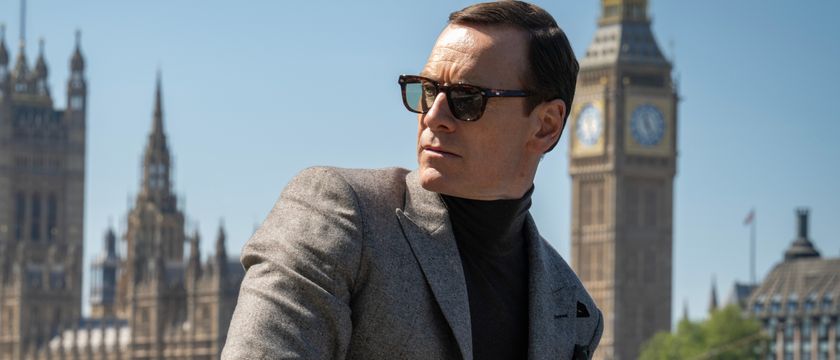In the last decade, one of the most exciting elements of the success experienced by Disney animated films – including both Pixar and Walt Disney Animation Studios titles – has been the incredible world building acumen on display. It was Wreck-It Ralph in 2012 that started the trend, imagining the inner-workings of a video game arcade from inside the cabinets, but subsequent titles like Inside Out, Zootopia, and Coco all worked similar magic with their own respective unique ideas about emotional processes in the mind, an existence evolved to suit anthropomorphic animals, and the afterlife. Pairing these creative, built-from-the-ground-up settings with excellent characters and plots has resulted in some magnificent storytelling and titles that can be called instant classics.
On its surface, Dan Scanlon’s Onward appears to be the latest title in this modern tradition. While tackling themes about loss and family, the narrative is set in a world inspired by elements of classic high fantasy, and with a history and evolutionary process completely different than our own. At its most basic level it’s an exciting foundation, and given the wide open possibility of implementing wildly creative ideas from the endlessly expansive genre, the potential is unmistakable. Unfortunately, it’s potential that we never get to see fully explored, as the film never finds an avenue to fully capitalize on its strong premise, and feels undercooked in a very un-Pixar way.
With a narrated exposition dump as its opening (can you name another Pixar movie that has done that?), Onward tells the audience the history of its world upfront – specifically that it was formerly a world filled with magic, but that magic went away because it was far more difficult to use than burgeoning technologies. Fantastical landscapes transformed into typical, familiar suburbia, and the old ways were almost entirely forgotten.
This sets the stage for the introduction of the Lightfoot family – including elf brothers Ian (Tom Holland) and Barley (Chris Pratt), who live with their widowed mother Laurel (Julia Louis-Dreyfus). It’s Ian’s sixteenth birthday, and while that should be cause for celebration, it instead proves to be a time for mournful reflection as the teenager finds himself thinking about his father, who died before he was born.
As it turns out, his mom has a special present for him and his brother that she has been holding onto, having promised her husband that she wouldn’t give it to them until they were both sixteen years old. The gift turns out to be a wizard staff – surprising evidence that the boys’ father was a magic-user – and it comes with a visitation spell that will allow deceased dad to return to life for 24 hours so that he can see who his kids grew up to be.
It turns out that Ian possesses the ability to conjure magic, and he attempts to use the spell, but it goes a bit wonky and results in only bringing back the lower half of his father’s body. Recognizing that they only have a single day to fix things, Ian and Barley (who has waited his entire life for such an adventure) set out on a quest to find a new gem to power the wizard staff so they can complete the visitation spell and spend time with their dad.
The journey taken by Ian and Barley, two unalike brothers on opposite ends of the introvert/extrovert spectrum, winds up deepening their relationship and providing them a deeper understanding of what they mean to each other – and Tom Holland and Chris Pratt deliver the sweet, fun performances you’d expect with such material. It’s clear that the filmmakers focused the majority of their attention on this aspect of Onward, and to their credit it works – but it’s all also seriously undercut by flimsy big picture thinking and design.
Onward builds an inconsistent fantasy world that doesn’t feel fleshed out.
The weakness in the film’s world building is easily exposed simply by asking questions for which the story provides no answer or explanation. Given that magic is shown to do things that technology can’t (such as grow and shrink things at will, allow a person to walk on thin air, etc.), why was it able to be totally replaced by technology? If Ian can use the wizard staff but Barley can’t, does that mean that only certain individuals can use magic; and if so, what makes them special? How is it that spellcasting magic and the genetic special abilities of mythical creatures got intertwined?
More than just making the rules of the world unclear, the secondary approach to the setting in Onward also proves to be detrimental to design. With creatures and beings of all sizes populating the civilized world, you’d think structures and tools of everyday life would be different than our own to accommodate, but instead we see things like a centaur police officer having trouble squeezing out the door of his human-sized cop car, and a gang of sprites riding around bunched together in human-sized motorcycles instead of each of them having a tiny bike of their own.
This isn’t the first Pixar movie to make these kinds of logistical errors (why are there sidewalks in the Cars universe?), but you still have to wonder how the film could be in the hands of hundreds of people at the company with none of them asking the necessary questions.
Onward’s setting-centric issues bleed into the story as well.
This lacking would be forgivable, but the issues cascade into the story and principal characters. Based on the evidence presented in Onward, there is nothing special or unique about being an elf, and it seems like the race was chosen because it could be excusably bland and human-like. You get the sense that the filmmakers feared making them any kind of special would hurt their relatability, but what we get as an alternative is just uninspired.
Audiences should also very much damper their expectations when it comes to the “epic quest” element of the story, because there really isn’t anything epic about it. Part of the problem is the ticking clock imposed by the plot, necessitating that everything unfolds quickly, but there isn’t any complexity to the journey. It’s A-to-B-to-C-to-D storytelling without any interesting curveballs or twists attempted. And while there is a B-story in play that features Laurel joining forces with a legendary beast called the Manticore (Octavia Spencer) to find Ian and Barley, it winds up being surprisingly unsatisfying – mostly for reasons that can’t be discussed in this spoiler-free forum.
Chris Pratt and Tom Holland have a strong brotherly bond that keeps the movie emotionally honest.
Onward stumbles as a fantasy film, but its heart is definitely in the right place with its emotional story about loss and brotherhood. It’s easy to appreciate the frankness with which the movie approaches the subject of death, simply recognizing it as an aspect of life, and the bond between Ian and Barley is wonderful and realistic. Chris Pratt and Tom Holland have great compatible energies that play off each other well, and the movie finds ways during their journey to explore multiple shades of their relationship – all of which track for both the characters and anyone with a sibling.
As seen in many other films in the Pixar catalogue, world building definitely isn’t a necessity when making an animated movie – but it is something that a project has to commit to once it starts going down that road. Onward certainly isn’t totally lacking in creative design work, as there are actually some excellent flourishes featured in the big third act action sequence, but this definitely feels like a feature where there was a lot more investment and enthusiasm for the emotional elements instead of story, and it works to the overall detriment of the finished picture.

Eric Eisenberg is the Assistant Managing Editor at CinemaBlend. After graduating Boston University and earning a bachelor’s degree in journalism, he took a part-time job as a staff writer for CinemaBlend, and after six months was offered the opportunity to move to Los Angeles and take on a newly created West Coast Editor position. Over a decade later, he's continuing to advance his interests and expertise. In addition to conducting filmmaker interviews and contributing to the news and feature content of the site, Eric also oversees the Movie Reviews section, writes the the weekend box office report (published Sundays), and is the site's resident Stephen King expert. He has two King-related columns.
